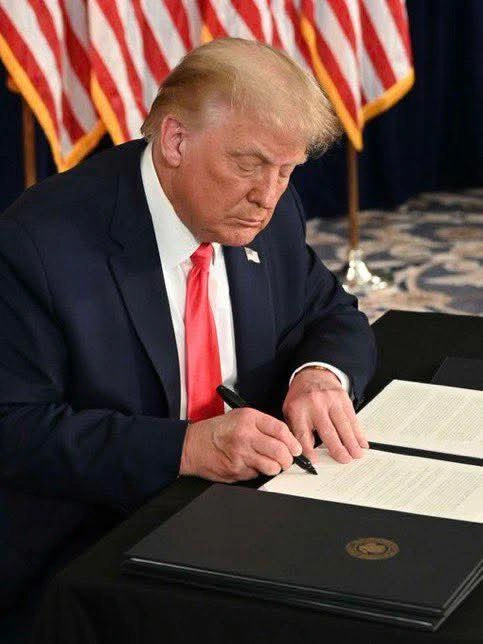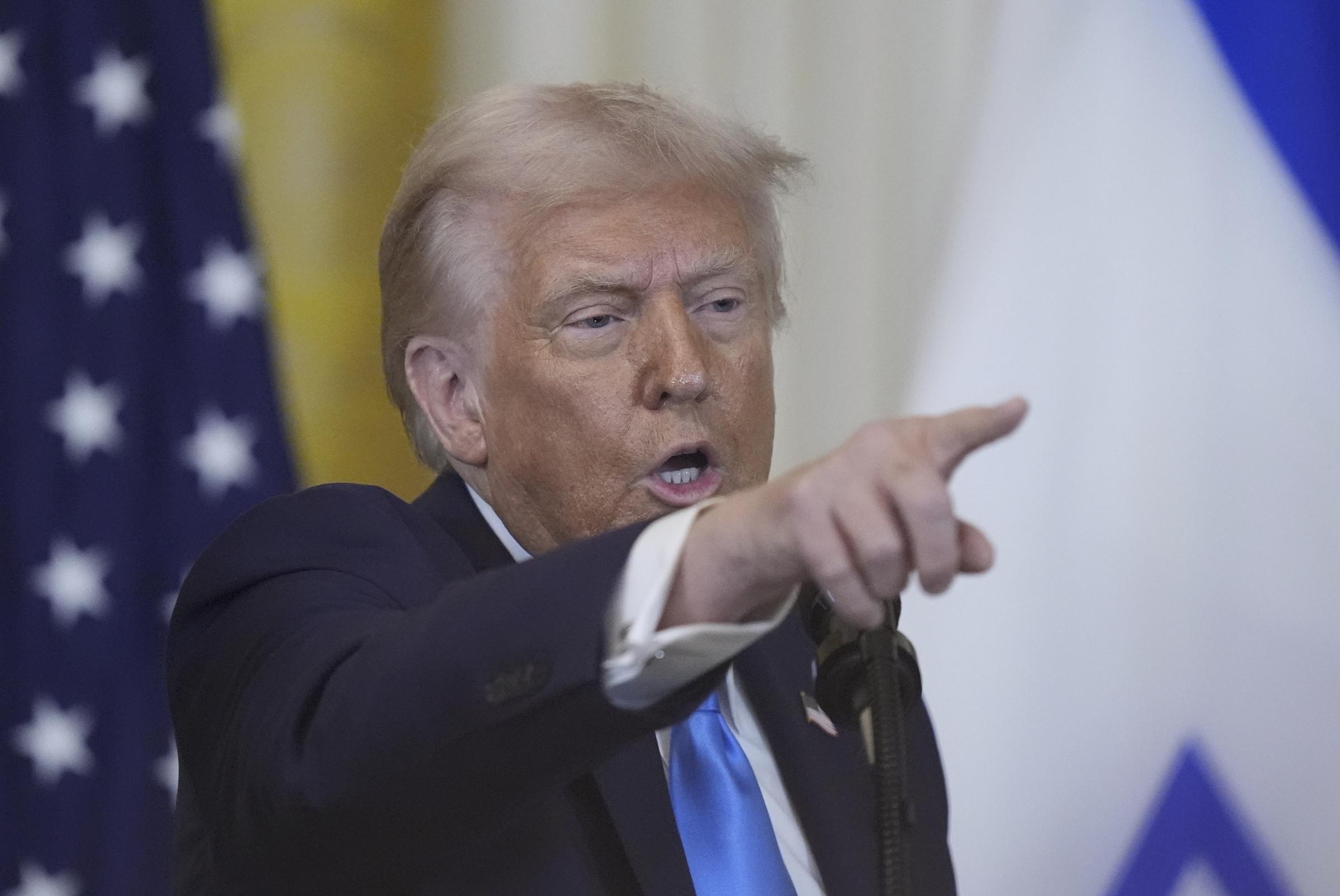In a significant move that has garnered widespread attention, President Donald Trump has signed an executive order that aims to cut off taxpayer funding for two of the nation’s most prominent public broadcasting outlets, National Public Radio (NPR) and the Public Broadcasting Service (PBS). The executive order, which is expected to have a substantial impact on the media landscape in the United States, is a direct challenge to the long-standing support these outlets have received from the federal government. This decision is expected to ignite both praise and criticism, with many supporters of public broadcasting viewing it as an attack on independent journalism, while opponents see it as a necessary step toward reducing government spending.

The issue of government funding for public media has been a contentious topic in American politics for decades. Public broadcasters like NPR and PBS have long relied on federal funding, along with donations from listeners and viewers, to support their operations. While NPR provides news, analysis, and educational programming on radio and digital platforms, PBS is known for its educational television programming, including popular shows such as “Sesame Street,” “Masterpiece Theatre,” and “PBS NewsHour.” These outlets have traditionally been seen as vital resources for the American public, offering in-depth reporting, educational content, and programming that appeals to a wide demographic range.
The move to cut taxpayer funding for NPR and PBS is part of President Trump’s broader efforts to reduce federal spending and address what he perceives as the wasteful allocation of taxpayer money. Throughout his presidency, Trump has repeatedly called for cuts to government programs and agencies that he argues are unnecessary or inefficient. The decision to target NPR and PBS, however, has been met with criticism from a variety of quarters, including lawmakers, advocacy groups, and members of the media.
Opponents of the executive order argue that public broadcasting plays an essential role in providing independent, non-partisan news and information to the public. They contend that NPR and PBS are valuable resources for people who seek objective reporting and educational content that is not influenced by corporate interests or political agendas. These critics also point out that public broadcasting is often a lifeline for rural communities and underserved populations, offering access to programming that might not otherwise be available. Furthermore, they argue that cutting funding for public media would disproportionately harm minority and low-income communities, who rely on these outlets for educational programming, news, and cultural enrichment.
In response to the executive order, NPR and PBS have vowed to continue their work despite the loss of federal support. Both organizations have emphasized their commitment to providing high-quality programming and maintaining editorial independence. However, they also acknowledge that the loss of taxpayer funding would pose significant challenges. Without federal funding, both NPR and PBS would have to rely even more heavily on donations from listeners and viewers, as well as corporate sponsorships. While these revenue sources have been sufficient in the past to support some aspects of their operations, it remains to be seen whether they would be enough to replace the substantial amount of federal funding that both outlets currently receive.
Supporters of the executive order, on the other hand, argue that NPR and PBS should be able to operate without relying on taxpayer money. They contend that these organizations can still thrive by generating revenue through private donations and corporate partnerships, as many other media outlets do. They also argue that the government should not be in the business of funding media organizations, particularly those that are perceived as having a liberal bias. Critics of public broadcasting often point to instances where they believe NPR and PBS have exhibited political leanings, which they argue further justifies the move to eliminate taxpayer funding.
The decision to cut off taxpayer funding for NPR and PBS also raises broader questions about the role of government in supporting media organizations. In many countries, public broadcasting is considered an essential part of the media landscape, providing a counterbalance to the influence of commercial media and ensuring that diverse perspectives are represented. The United Kingdom, for example, has the BBC, a publicly funded broadcaster that is widely respected for its impartial news coverage and educational programming. In contrast, the U.S. has long maintained a mixed system of public and private media, with outlets like NPR and PBS filling a unique niche in the media ecosystem.
As the debate over public broadcasting funding continues, it is likely that President Trump’s executive order will spark further discussion about the future of media in the United States. While some may see it as a necessary step in reducing government waste, others view it as an attack on the free press and independent journalism. In the coming months and years, it will be crucial to watch how public broadcasters adapt to the changing funding landscape and whether the loss of federal support will lead to a fundamental shift in the way that media organizations operate in the U.S.

Ultimately, the outcome of this executive order will have significant implications not only for NPR and PBS but also for the broader media landscape in the United States. If the order stands, it could set a precedent for further cuts to public funding for media organizations, potentially reshaping the way Americans access news and information. For now, both supporters and critics of the move will continue to debate the merits of this policy, as the future of public broadcasting hangs in the balance.






